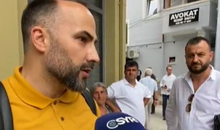
EP Report on Albania/ Tabaku: The main obstacle to integration continues to be governance
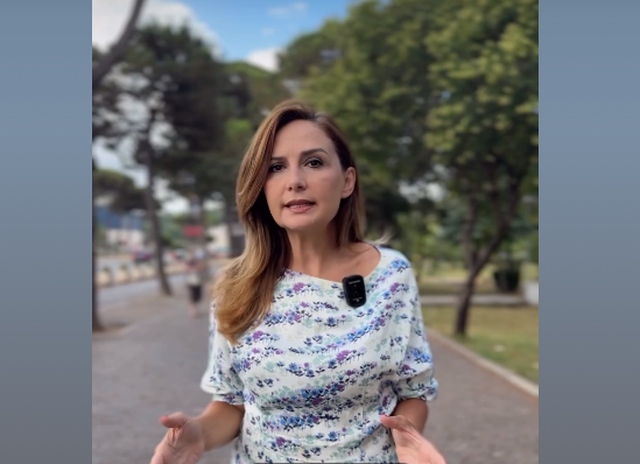
The Chairwoman of the European Affairs Committee, Jorida Tabaku, reacted after the debate held yesterday in the European Parliament on the report on Albania.
Through a video message on social networks, Tabaku emphasizes that the main obstacle to Albania's European integration remains the current government.
Tabaku pointed out the deep-rooted problems mentioned in the report, while focusing on corruption, which she described as a daily obstacle for citizens, from healthcare to property.
Tabaku emphasized, among other things, that Europe sees us differently, but unfortunately, the government still continues to see us through the magnifying glass of 35 years ago.
Tabaku's full statement:
Albanians behave like Europeans every day – in work, in effort, in sacrifice. In every activity they perform for their family and in their behavior towards the state.
Unfortunately, the main obstacle to European integration continues to be governance. Albania's main obstacle is the current majority. As mentioned in the European Parliament report, which was discussed yesterday and is being voted on today – Albania is an extraordinary challenge for democracy and institutions.
From flawed elections, pressure on the administration, vote buying, voter intimidation, and the use of the state for campaign purposes - these are all phenomena that should not exist in the Albania of 2025, but they do.
On the other hand, another major obstacle is corruption. 80% of Albanians believe that corruption hinders their lives, mainly in healthcare, police, education, property, mortgages and business.
Albania needs a completely new approach. For broad inclusion. For reforms that are felt in the economy. An economy that produces for everyone, not for a few people.
Reforms must start with business and move all the way to democracy – with institutions that are balanced, with a parliament that has a role, and even more fundamentally – with elections that respect standards.
Today, 35 years after the fall of the dictatorship, Albania is still unable to organize free elections. The party-state is still used in every cell to influence and manipulate the outcome.
These are the main issues raised by the European Parliament report. These are the challenges Albania faces today. And this is the path that must be followed: deep, comprehensive reforms and a fundamental change in the way the state functions.
Europe sees us differently. While the government continues to see us with the magnifying glass of 35 years ago.
Latest news

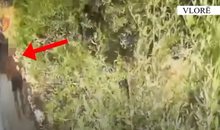
Man arrested after setting fire to aunt's apartment
2025-07-09 14:54:17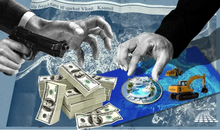

3 in 4 people who go to parties regularly will remain single for life
2025-07-09 14:29:47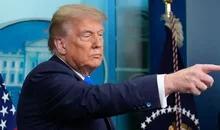
Trump threatens to bomb Moscow if it attacks Ukraine
2025-07-09 14:28:40
Clashes in Montenegro after prestigious award given to Montenegrin nation-denier
2025-07-09 14:15:48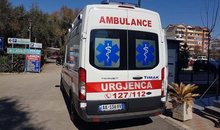
Tirana/ 59-year-old man falls from the second floor of his apartment
2025-07-09 14:05:28

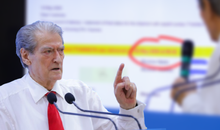
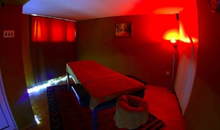
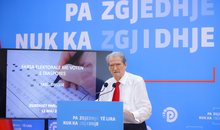
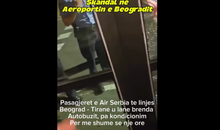

Edi Rama's summer Delirium
2025-07-09 13:05:42
Wanted by Italy, drug trafficker arrested in Durrës (NAME)
2025-07-09 12:50:13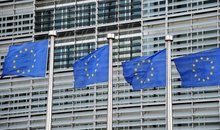
European Parliament adopts report on Albania
2025-07-09 12:44:25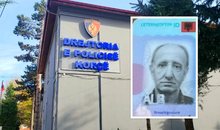
NAME/ Elderly man found dead in Devoll River, investigation leads
2025-07-09 12:24:47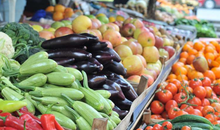
Taxes warn of on-site inspection for invoice sales of agricultural products
2025-07-09 12:20:59
Climate change tripled heat-related deaths in Europe
2025-07-09 12:10:28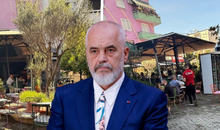
From the ground to paper, Rama announces new reform for "untouched lands"
2025-07-09 11:58:17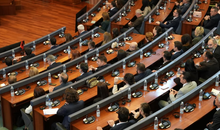
The 44th attempt to create a new Assembly for Kosovo also fails
2025-07-09 11:45:22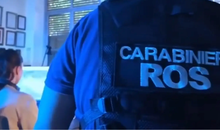
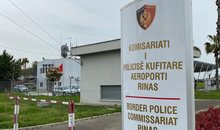
The head of the Rinas police station is reconfirmed in office
2025-07-09 11:25:03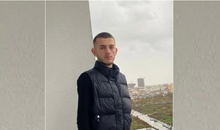
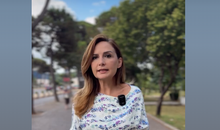
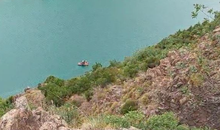
Found dead in Shkopet Lake, 23-year-old has injuries to his throat
2025-07-09 10:41:39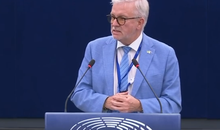
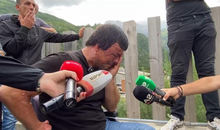

Hoxha: We will have a parliament that will surpass any comedy program!
2025-07-09 10:10:32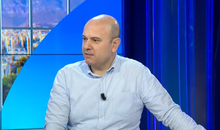

Directors targeted! After Fier and Durrës, Rama arrives in Elbasan
2025-07-09 09:53:57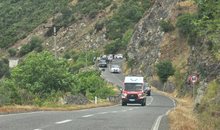
Name/Identification of the 23-year-old found dead near Shkopet Lake
2025-07-09 09:42:34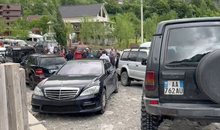
IKM action in Theth, residents come out in protest
2025-07-09 09:34:54
Reasons why the EU has not imposed new sanctions against Russia
2025-07-09 09:18:35
DW: Online scams increase human trafficking
2025-07-09 09:01:29
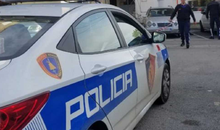
Reported missing by his father, 23-year-old found dead near Shkopet lake
2025-07-09 08:42:13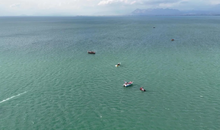
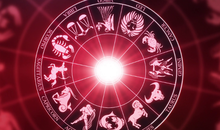
Horoscope, what do the stars have in store for you today?
2025-07-09 08:25:44
Sun and rain, Wednesday with unstable weather
2025-07-09 08:06:58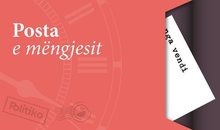
Posta e mëngjesit/ Me 2 rreshta: Çfarë pati rëndësi dje në Shqipëri
2025-07-09 07:52:02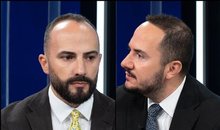

Tabaku: Salianji bore a political cost that no one in Albania has borne
2025-07-08 22:36:15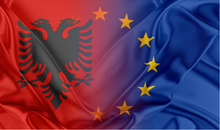


Sekretet për të shijuar verën si një ‘profesionist’
2025-07-08 21:45:06

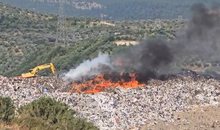
Albania's Waste Crisis: Toxic Smoke and Deep Governance Problems
2025-07-08 21:13:07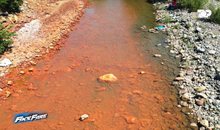
Alarming pollution in Fushë-Arrëz, copper factory waste turns the Fan River red
2025-07-08 21:07:14

Poll/ How do you assess the Prime Minister's intervention in local government?
2025-07-08 20:40:01
28 arrested in Italy and Spain for drug trafficking, including an Albanian
2025-07-08 20:24:14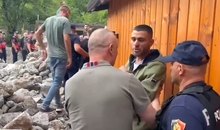
Residents clash with police in Theth: We are on our land
2025-07-08 20:11:41
Death of 27-year-old in Lipjan, Osmani: To be investigated independently!
2025-07-08 20:06:52
Trump promises US will send more weapons to Ukraine
2025-07-08 19:54:25

EU targets health, education, police and cadastre as areas of corruption
2025-07-08 19:23:34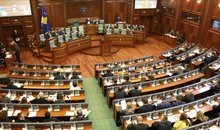
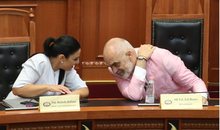
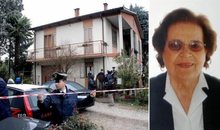
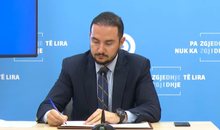

Salianji after his return: I did not oppose for functions, but for vocation
2025-07-08 18:23:15
Will he run in the 2029 elections? Here's how Salianji answers
2025-07-08 18:16:09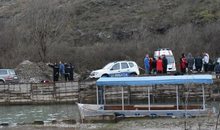
Boat captain drowns after diving into water to save two tourists in Shkodra
2025-07-08 18:05:12
Salianji from the DP headquarters: I brought a drug trafficker to justice
2025-07-08 18:03:26
After Fier, Rama "landes" in Durrës, dismissals expected
2025-07-08 17:53:32
Ervin Salianji arrives at the blue headquarters, welcomed by supporters
2025-07-08 17:45:12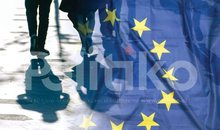
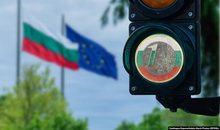
EU approves final steps for Bulgaria's Eurozone membership
2025-07-08 17:43:06

Zhupa after Salianj's release: Inspiration for every opposition member
2025-07-08 17:19:39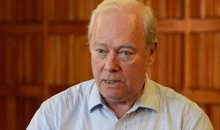
Actor David Killick passes away
2025-07-08 17:09:23


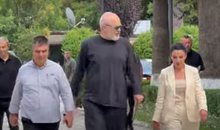
Threatened with dismissals, Rama arrives at the Fier municipality
2025-07-08 16:39:19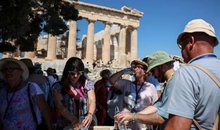
Extreme temperatures temporarily close Acropolis in Greece
2025-07-08 16:30:34

A plot of cannabis is discovered in Mazha, Kruja
2025-07-08 16:13:48

Republika Srpska allocates additional 22 million euros for lobbying in the US
2025-07-08 15:52:04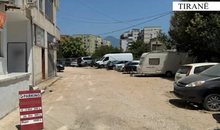

Spices that protect you from mosquitoes!
2025-07-08 15:30:03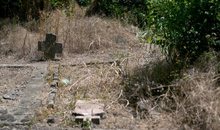

Accident on the Vlora-Qeparo axis, one injured
2025-07-08 15:11:52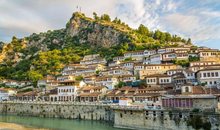
Berat, 17 years part of UNESCO's world heritage
2025-07-08 15:03:30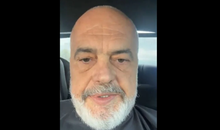
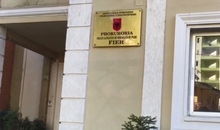

Cost of living increases, inflation rises to 2.4% in June, driven by food
2025-07-08 14:29:54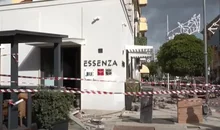
VIDEO/ Restaurant roof collapses in Italy, one victim and ten injured
2025-07-08 14:18:44
Requested release from cell, Supreme Court leaves Veliaj in prison
2025-07-08 14:07:41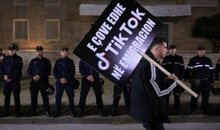
TikTok shutdown/ Austrian media: Rama benefited politically from the app ban
2025-07-08 13:48:25
Acropolis temporarily closed due to heat
2025-07-08 13:31:09
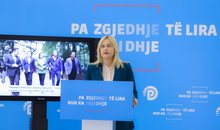
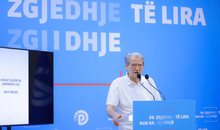
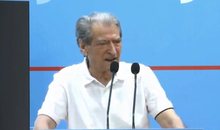
Salianj's release/Berisha: He was politically condemned by Rama and Xhafa!
2025-07-08 13:00:13